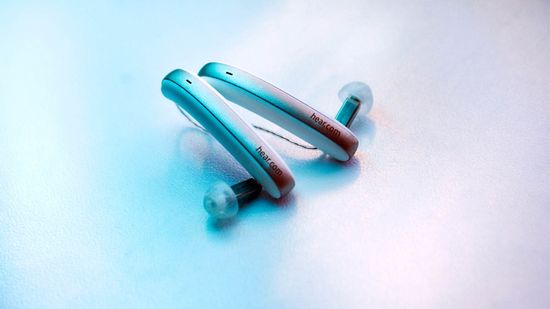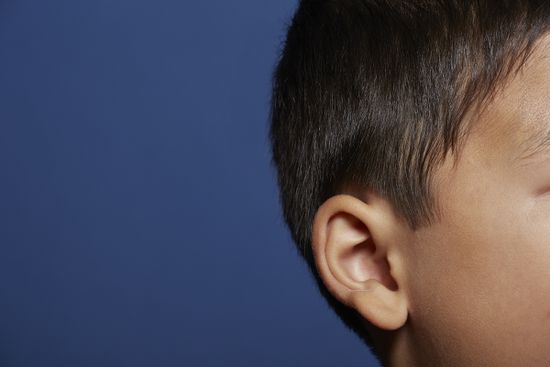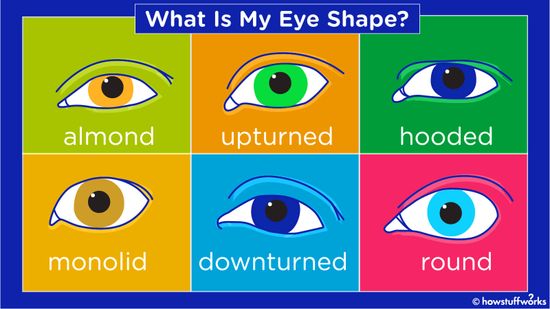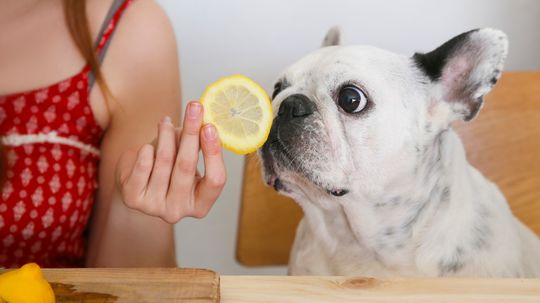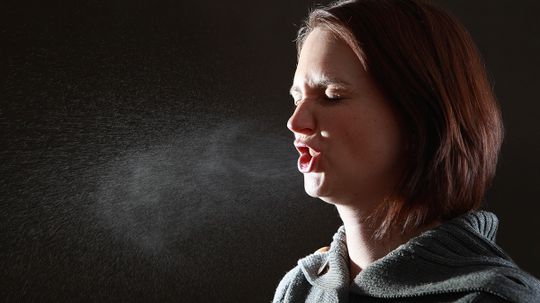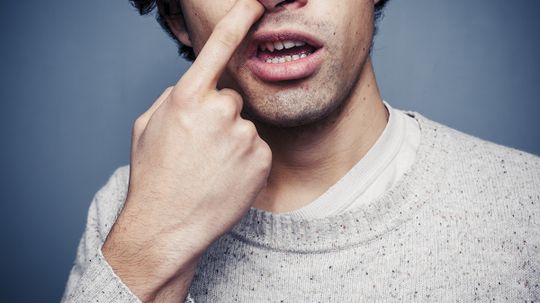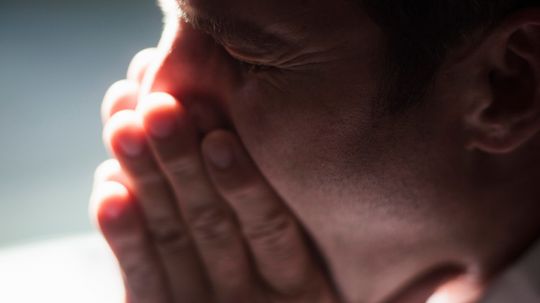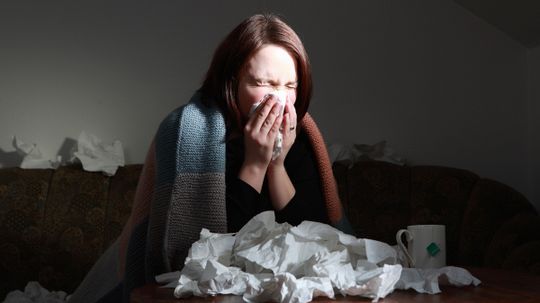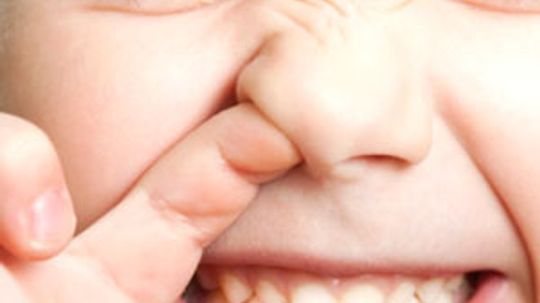Nose and Throat
The nose serves dual functions as the organ for the sense of smell and as an entry to the respiratory tract. The throat is a passageway connecting the back of the mouth and nose to the esophagus and to the windpipe. Discover conditions associated with the nose and throat.
Learn More
Parosmia is a post-COVID-19 side effect that distorts your sense of taste and smell. But smell training (you read that right) can help most people get things back on track.
Empty nose syndrome is a rare problem where patients have clear nasal passages but constant sensations of being unable to breathe. And worst of all, many doctors believe it's all in their heads.
You almost never notice the way your own place smells. Why is that?
Advertisement
Although we've often been told that dogs have a superior sense of smell to people, a new report says there's little difference.
By Alia Hoyt
Does vocal fry signal the most annoying end of times? Or is it just part of a natural language progression?
By Oisin Curran
In some settings, you just can't heave a giant sneeze. If you hold back during a meeting or date, you're exhibiting decorum. Could you also be making a death wish?
Advertisement
It's hard to imagine being thankful for mucus when you've got a nose full of it, but if it all went away you'd really be in trouble.
Boogers are more than an annoyance. Your body makes them for a very specific purpose - and it's not to gross out other people.
They say there are two types of people who pick their nose - those who do and those who lie about doing it. Would you be more prone to admit it if you found out it might be good for you? Let's see if it is.
Your mom always told you not to pick them, but you really have no idea why. So what's up with the nasty, snotty invaders camping out in your nose?
Advertisement
Sneezing at the wrong moment can be downright dangerous - they've even been blamed for car accidents. But could stifling a sneeze be just as bad?
The urge to sneeze can come upon you at the worst times - say during a funeral - but luckily there are ways to suppress it.
Picking your nose isn't something we do in public. And chowing down on what we find in there isn't just frowned upon -- it's pretty gross. But what happens if you do eat your own boogers? Is it dangerous? Or can it actually be good for you?
When you have a cold or allergies, your life revolves around tissues. Your nose feels like a nonstop spigot of mucus (not your best look, by the way). Why do you constantly have to blow your nose -- and what's going on in your schnozz when you do?
Advertisement
You're trapped in a quiet place and you feel a sneeze coming on. You try desperately to remember how to stop a sneeze, but it's too late -- ACHOO! Next time, try tickling the roof of your mouth with your tongue. Really!
Kids are pretty cute, right? Maybe not so much if you've ever watched one pick his nose and eat a booger - that chubby finger emerging with a treasure, quickly inspected and (ewww) shoved right into his mouth. Why do they do this?
You may never have thought about it (unless your child asks), but boogers are sticky for a perfectly logical scientific reason.
